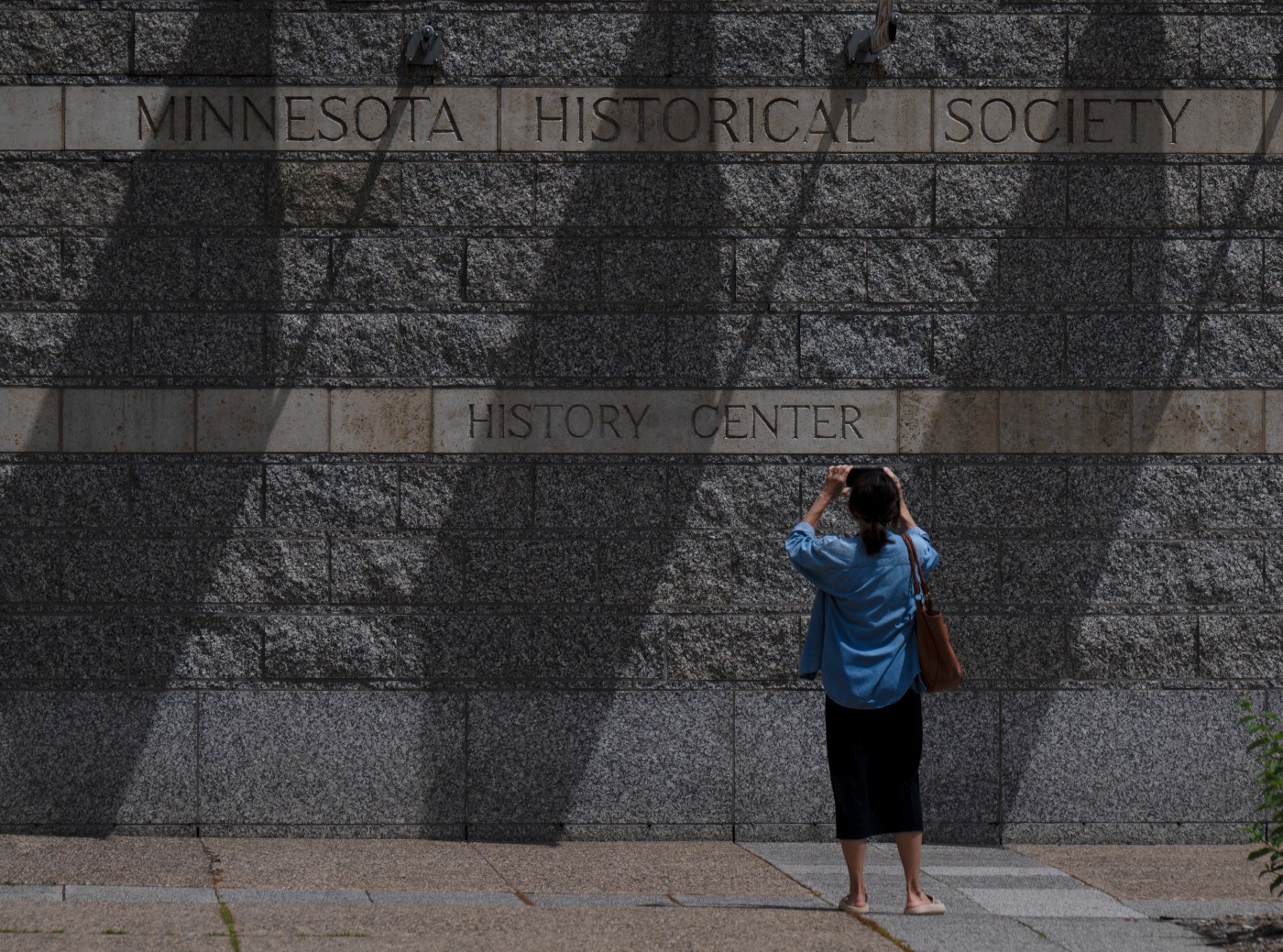
Minnesota Historical Society, facing deficit, lays off seven
In light of what it described as a “structural deficit” driven by inflation and labor costs, the Minnesota Historical Society has laid off seven employees, at least three of them dedicated to creating visitor content for popular sites such as Historic Fort Snelling, the Mill City Museum in Minneapolis and the James J. Hill House in St. Paul. Five of the workers were represented by the MNHS Workers Union.
The St. Paul-based Historical Society, a private nonprofit, operates the Minnesota History Center and oversees tours of the Split Rock Lighthouse, the Minnesota State Capitol building and two dozen other historic locations statewide. The nonprofit has attributed the layoffs, in a written statement, to rising expenses related to “higher employee, maintenance, insurance, and other costs, which have risen due to inflation, the competitive employment marketplace, and the increased costs associated with the recent AFSCME Local 3173 contract.”
Officials with the nonprofit said Friday that their board recently approved an operating budget for the fiscal year beginning July 1 with a $782,000 deficit, meaning expenses will outpace projected revenues.
The layoffs were announced June 30 by the union, which issued a written statement that said workers were given little notice and that demanded the society “rescind these layoffs and recall these employees immediately.”
Following the layoffs, the Historical Society said it maintains 419 positions.
The layoffs followed an “ongoing need to right-size our organization and address a structural deficit. … These difficult decisions were made through thoughtful and thorough analysis for the future of the institution,” reads a written statement attributed to Nicole Tuescher, Vice President of People & Culture for the Historical Society.
Even with a recent financial boost from the state and increases in earned income, “overall funding has not kept pace with expenses and MNHS has operated in a structural deficit since the pandemic,” reads a follow-up statement from the institution. “Staffing costs are the largest part of MNHS’s operating budget.”
It was not entirely clear from publicly available materials on Friday exactly when those deficits began. In 2022, the nonprofit had more than $65.7 million in expenses, according to the most recent tax return on file with Guidestar.org, up from $55.4 million the year before. Still, net revenues ($25.7 million) and fund balances were still in the black at the time, according to the Form 990 filing, and both revenues and balances had grown substantially from the year before.
‘It was a surprise’
Jacob Rorem, a member of the AFSCME Local 3173 executive board, said on Friday that many employees were not aware the Historical Society had entered financially troubled waters.
“For a lot of us, it was a surprise,” said Rorem, who works in public programming for the Historical Society. “We’ve seen this as a need within the organization for better transparency and communication. I don’t think of it as a malicious thing, but the realities they’re stating have not been clearly communicated to the employees. To say ‘well, we’ve been talking about this’ doesn’t ring true to us.”
Funding for the Historical Society comes from a mix of sources, including appropriations from the state, which increased last year, as well as program fees, memberships, philanthropic giving and certain restricted funds.
The nonprofit’s strategic plans calls for a variety of initiatives to balance future budgets, including taking a hard look at sites and facilities. MNHS’s leadership team has “embarked on a multi-year plan to create a sustainable future … by aligning income and expenses” by July 1, 2026, reads the statement.
Two days’ notice
The Minnesota History Center in St. Paul on Friday, July 5, 2024. (John Autey / Pioneer Press)
According to the union, the three staff members dedicated to content creation have a combined 60 years of service experience with the Historical Society.
“All of these passionate and talented employees were given two days’ notice and were asked to sign away their recall rights in exchange for a few weeks of separation pay and job coaching,” reads the statement.
The union said the Historical Society has 14 active job postings, “some of which have substantial overlap with eliminated positions.”
As part of their collective bargaining agreement with AFSCME Local 3173, the five unionized employees who were laid off received vacation and sick time payouts, Tuescher wrote, and some eligible employees received six months of continued employer contributions to medical insurance.
Related Articles
St. Paul police investigating homicide in Como neighborhood
Free weddings offered at Dakota, Goodhue, McCleod county fairs
After noise complaints last weekend, promoters of St. Paul concert promise improvements
The Rev. Jo H. Campe III, who ministered to recovering addicts, dies at 79
St. Paul man charged with killing girlfriend’s estranged husband, who allegedly shot him last year


